You're not lazy. You're not weak. But if you're a desk worker trying to build endurance, you're probably making subtle mistakes that silently sabotage your progress. The good news? With the right adjustments—start fast, stay consistent, and measure results weekly—you can overcome these barriers and see real improvements in just weeks.
Spending 8+ hours a day seated slows circulation, tightens hips, and weakens key muscles. This sedentary lifestyle directly undermines cardiovascular efficiency and stamina. Without intentional countermeasures, even regular workouts can fall short.
The solution isn’t more exercise—it’s smarter exercise. Avoiding these eight common mistakes can dramatically improve your endurance, energy, and long-term health.

Many desk workers jump into intense workouts without preparing their bodies. After hours of sitting, cold muscles and stiff joints are prone to strain. Starting too hard shocks the cardiovascular system and leads to early fatigue.
✅ Solution: Begin every session with a 5–10 minute dynamic warm-up. Include leg swings, arm circles, and light cardio like brisk walking or marching in place. This increases blood flow, loosens joints, and primes your heart for activity.
One week you’re crushing it. The next, work piles up and workouts vanish. Inconsistency is the #1 endurance killer. Your body adapts to repeated stress—skip too many sessions, and progress stalls.
✅ Solution: Commit to a fixed weekly routine. Even 20–30 minutes, 3–4 times per week, builds endurance when done consistently. Treat workouts like meetings—schedule them and protect the time.
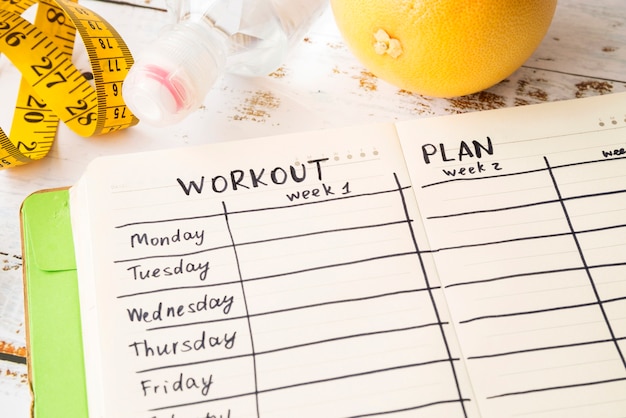
Pushing hard every day doesn’t make you stronger—it leads to burnout. Recovery is when your body repairs and builds endurance. Without it, performance declines and injury risk rises.
✅ Solution: Include at least one full rest day per week. Prioritize sleep (7–9 hours) and consider active recovery like stretching or light walking on off days.
Hours at a desk create forward hunching, tight chest muscles, and weak glutes. This poor posture reduces lung capacity and limits efficient movement during cardio.
✅ Solution: Incorporate posture-correcting exercises: shoulder blade squeezes, chin tucks, and glute bridges. Stand up and stretch every hour to reset alignment.
Endurance isn’t just about cardio. Weak muscles fatigue faster. Desk workers often skip strength work, missing a key component of stamina building.
✅ Solution: Add 2 strength sessions per week. Focus on compound movements: squats, lunges, push-ups, and rows. Stronger muscles support longer, more efficient workouts.

If you’re not measuring, you’re guessing. Many give up because they don’t see improvement—even when gains are happening.
✅ Solution: Measure results weekly. Track metrics like workout duration, heart rate, distance covered, or perceived effort. Use a simple journal or app. Small weekly wins build motivation and prove progress.
Sitting all day dulls hunger and thirst cues. By the time you feel thirsty, you’re already dehydrated—slowing metabolism and reducing endurance.
✅ Solution: Drink water consistently. Aim for half your body weight (in pounds) in ounces daily. Eat balanced meals with complex carbs, lean protein, and healthy fats to fuel sustained energy.
"Get in shape" or "run more" aren’t actionable. Without clear targets, motivation fades and effort becomes scattered.
✅ Solution: Set SMART goals: Specific, Measurable, Achievable, Relevant, Time-bound. Example: "Increase my treadmill walk duration from 20 to 35 minutes in 4 weeks."
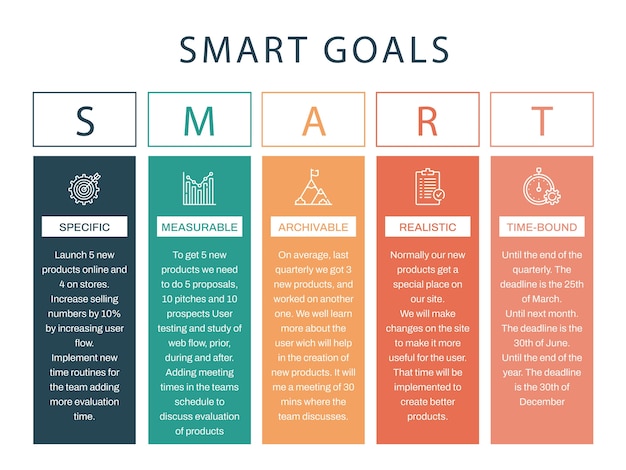
This simple framework turns small wins into lasting endurance gains.
Building endurance as a desk worker isn’t about extreme effort—it’s about consistency, awareness, and smart habits. By avoiding these eight common mistakes and focusing on weekly progress, you’ll boost stamina, energy, and overall well-being—without overhauling your life.
Start today. Measure next week. Keep going. Your stronger, more resilient self is just a few smart choices away.

Fitness

Fitness
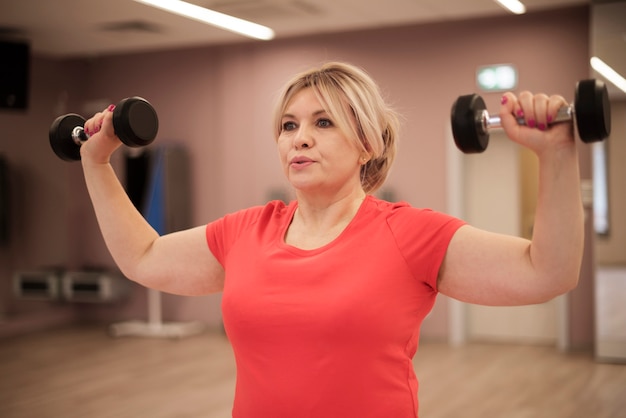
Fitness

Fitness

Wellness

Fitness

Fitness

Fitness
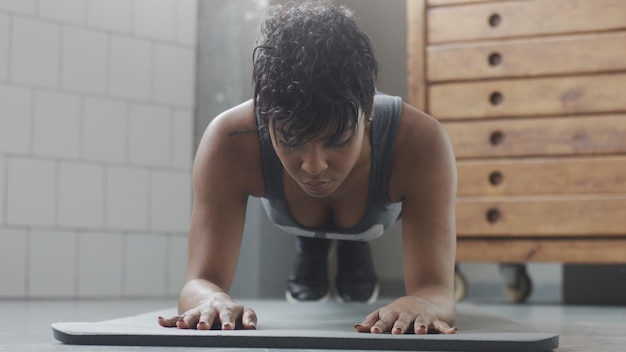
Fitness

Fitness
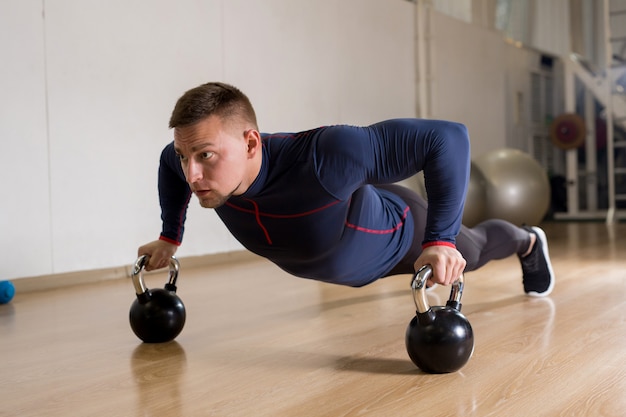
Fitness

Fitness

Health

Fitness

Health

Health